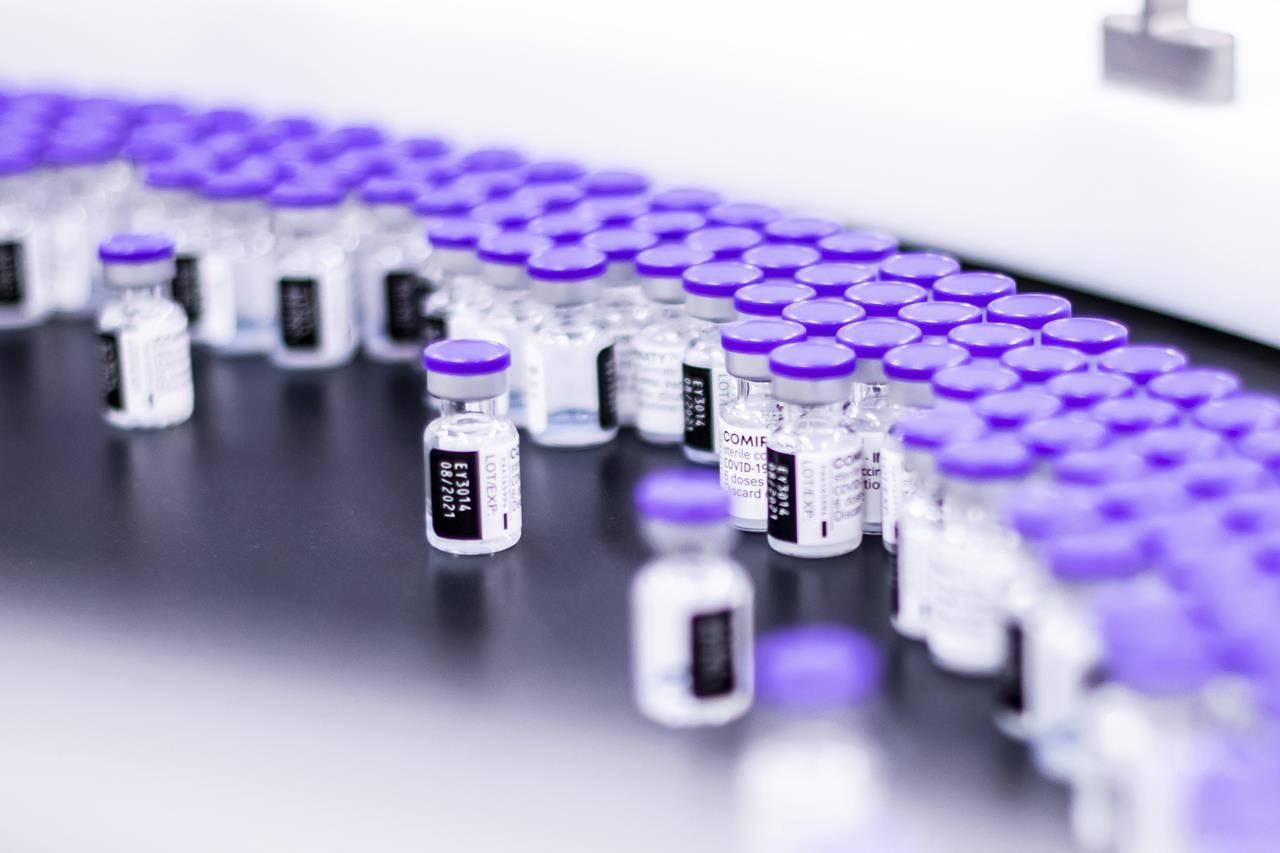Alaska saw 465 new cases of COVID-19 on Monday, while more regions continue to break into the high risk threshold.
In a press briefing last Thursday with the Department of Health and Social Services, State Epidemiologist Joe McLaughlin said officials are still encouraging people to get their COVID vaccines.
“Unfortunately we’re seeing more regions pop up into the red zone in terms of cases,” he said.
Alaska is currently considered high risk for COVID, as well as about half of the borough regions in the state. The Kenai Peninsula is in the high alert tier, with an average of 18.7 positive cases per 100,000 people as of Monday.
Additionally, the statewide vaccination trends have been at a bit of a standstill.
Almost 52% of those 12 and older are fully vaccinated against COVID-19 in Alaska. That percentage drops to just under 44% on the Kenai Peninsula.
“Unfortunately we’re not seeing these numbers rise as quickly as we had earlier, and really want to do whatever we can to underscore the importance of vaccination and promote vaccination, especially as we see this delta variant taking a foothold in Alaska,” McLaughlin said during the briefing.
He said experts are finding data that suggests the delta variant is around 50% more transmissible than the alpha variant — otherwise known as the United Kingdom variant. The alpha, he said, was already 50% more transmissible than the original COVID-19 virus that emerged out of Wuhan, China, in late 2019.
“We’re quite concerned about this delta variant,” McLaughlin said during the briefing.
State officials are tracking delta closely. As of July 16, DHSS state genomic had reported an additional 21 delta cases in the state, bringing the total number of identified cases to 58.
On July 16, DHSS Spokesman Clinton Bennett confirmed that at least one delta variant had been confirmed in the Gulf Coast Region. On Tuesday, Seward City Clerk Brenda Ballou confirmed there was a delta case in the east Kenai Peninsula town.
McLaughlin said during the briefing, however, that continual data shows that the COVID-19 vaccines, authorized by the Food and Drug Administration for emergency use, have a high efficacy rate against the delta variant.
With just the first Pfizer-BioNTech dose, McLaughlin said the efficacy percentage is in the low 30s. After both doses, that percentage rate climbs to the 80s.
“If it’s been less than two weeks since your shot or if you still need to get your second dose you’re not fully protected yet,” he said, underscoring the importance of the second dose of the mRNA series shots.
Among the 456 new COVID cases in the state reported Monday, there were 53 on the Kenai Peninsula. As of Tuesday, there were five patients in the Gulf Coast currently hospitalized with the virus.
Health officials continue to emphasize the importance of vaccination now, so the upcoming fall and winter won’t take as much of a toll on Alaskans.
“We really want people to get vaccinated before school starts and before folks start heading indoors with the cooler weather coming on,” McLaughlin said.
Reach reporter Camille Botello at camille.botello@peninsulaclarion.com.

